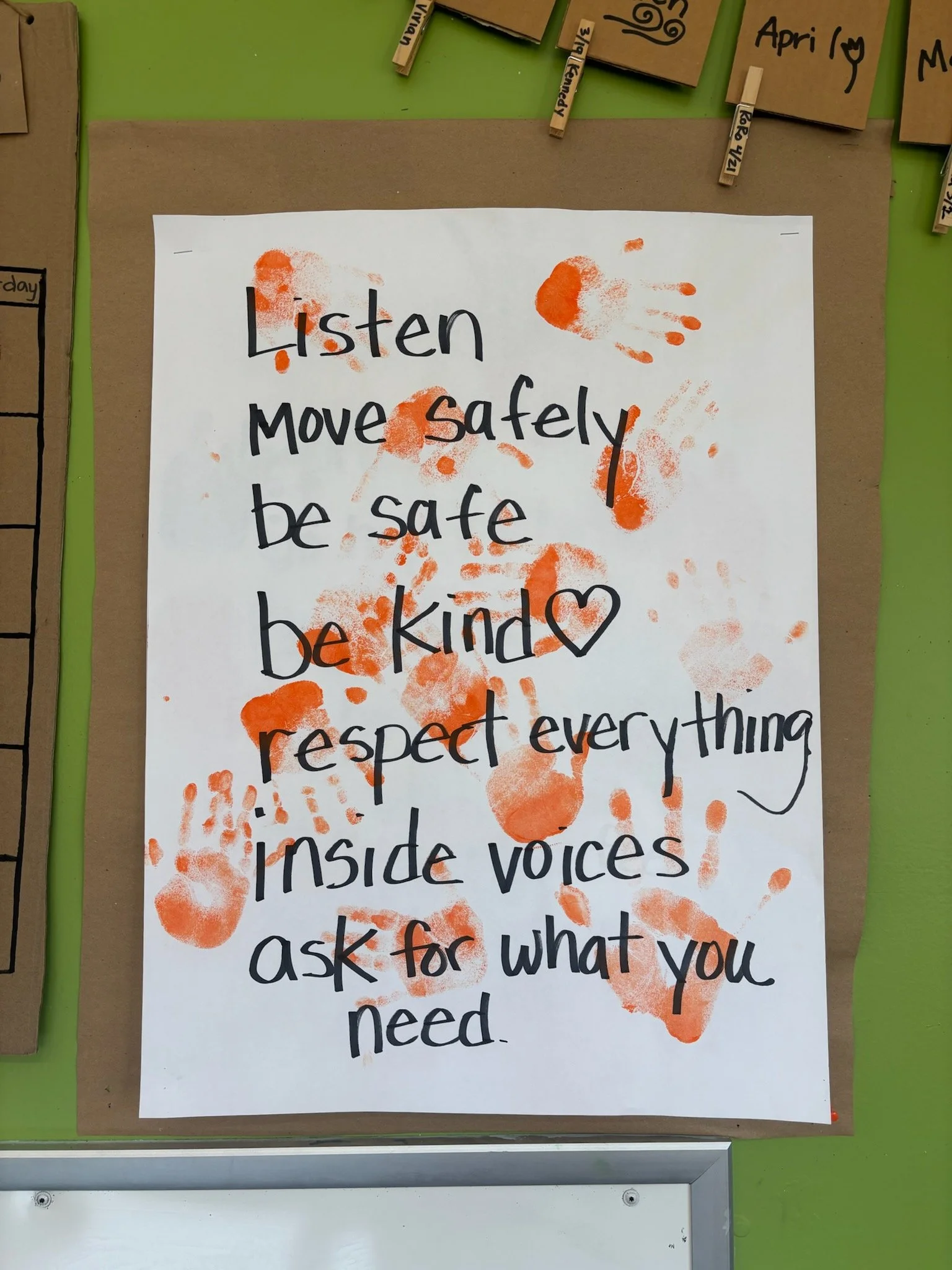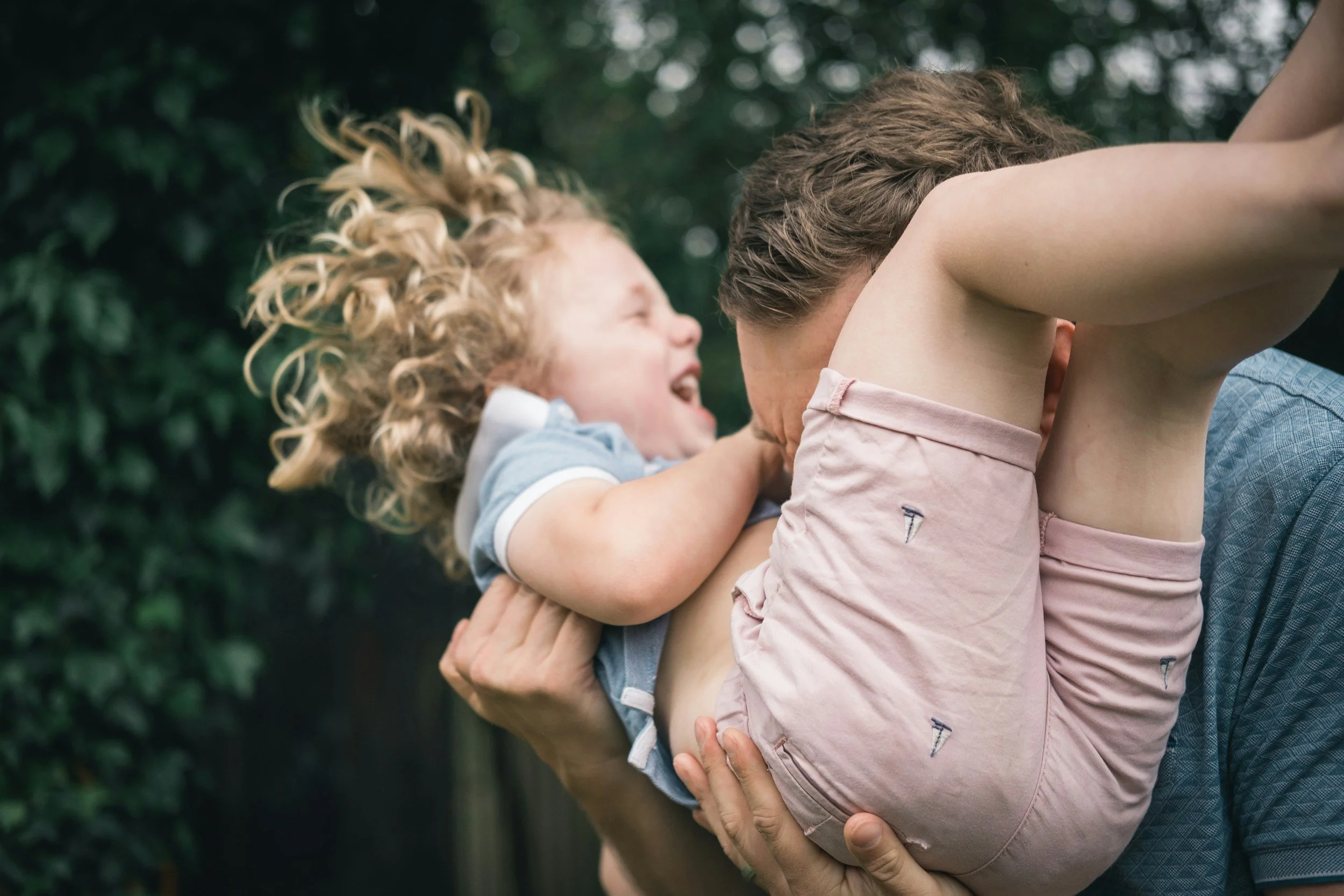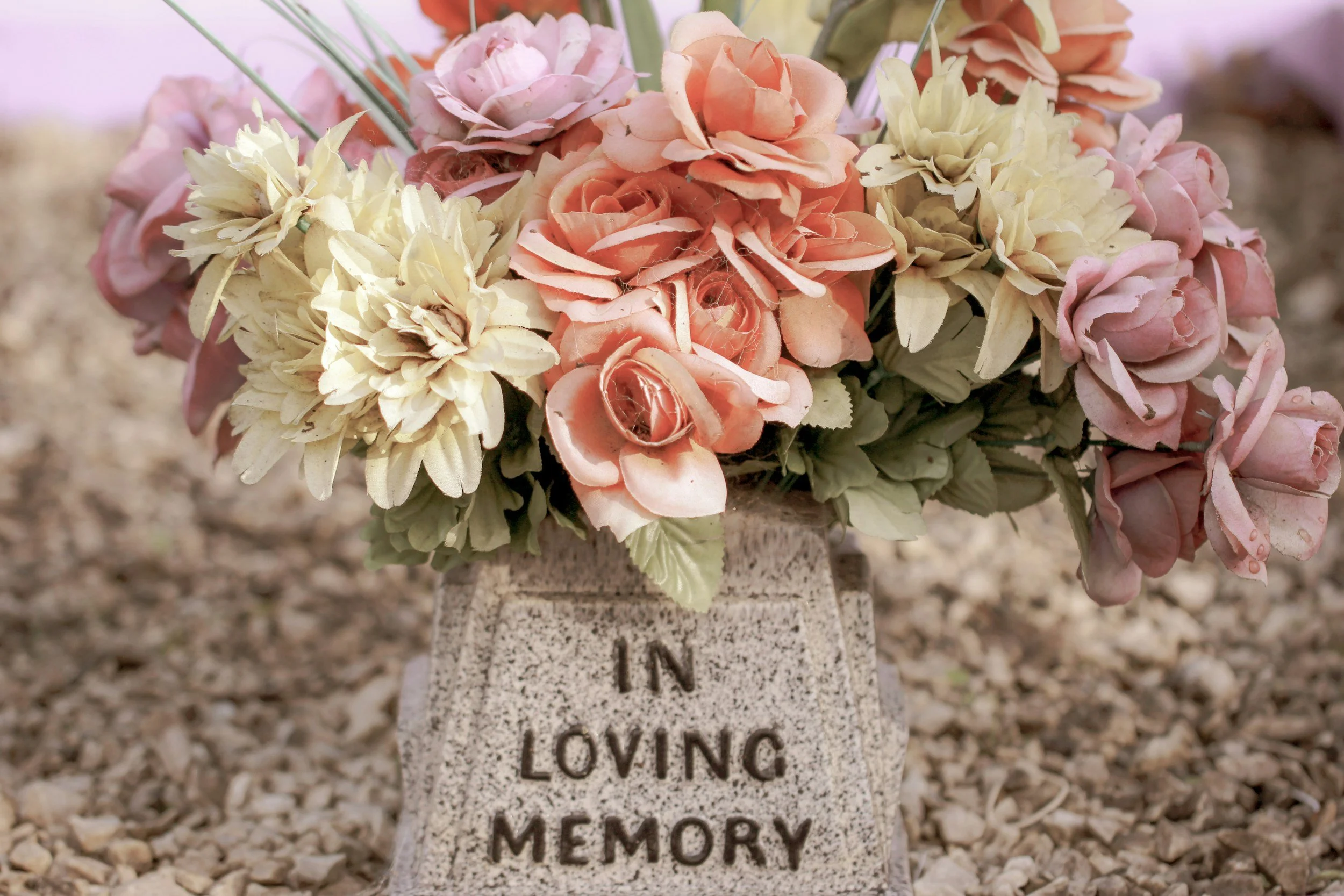Is Birdnesting Just for Birds: How Birdnesting Can Help Co-Parents
Just like birds build a safe nest for their young until they’re ready to fly, parents can create a stable “nest” for their children when going through divorce. Birdnesting is a co-parenting arrangement in which children remain in the family home, while the parents alternate time living there. It’s often a short-term or transitional custody solution, though some families attempt it longer-term. As a mediator, I am always looking for ways to support the interests of families, and birdnesting, while not for everyone, may be an option worth exploring.
From Chaos to Clarity: How Mediation Brings Calm to Divorce
Just as clutter competes for your attention, so can confusion during divorce. Who’s handling what? What happens to the house? How do we manage parenting time? A mediator helps untangle the mess and bring clarity to complex decisions. When things are clear, emotions can settle—and meaningful agreements can take shape.
Clarity Outside = Calm Inside
I recently visited Geneva on the Lake, a lovely resort on Seneca Lake in Geneva, New York modeled after an Italian country retreat and built as a private home in 1910. I marveled at the parterre with it’s perfectly box-edged ilex forming matching arabesque patterns. It made me feel very calm inside. I love order, I love symmetry. Why is that?
Life Lessons from Pre-K: Rules Worth Revisiting
I recently visited a pre-K classroom and found this list of early lessons. I was struck that these often carry more wisdom than we give them credit for. The basics we teach 4-year-olds—like kindness, patience, and fairness—are the same principles we struggle with as adults. Somewhere between nap time and the 9-to-5, we’ve forgotten the beauty of these simple lessons.
Gray Divorce, Grown Children
When we think of divorce, we often picture young children shuttling between two homes, coloring books in hand. But there's another group affected by marital splits -- adult children of gray divorce. But they are adults, shouldn’t they be okay?
Peaceful Parenting (Post Split)
Divorce or separation may end a romantic relationship, but it doesn’t end your role as a parent. When you’re co-parenting, the way you interact with your ex deeply affects your children. Kids thrive when their parents’ communications are respectful and calm and can really suffer when there is conflict. That’s why peaceful co-parenting isn’t just ideal—it’s essential.
Mediating When Only One of You is Motivated
Sometimes, one person is ready to try mediation—and the other isn’t. That can feel discouraging. But it doesn’t have to be the end of the road.
In fact, it can be the start of something productive.
Stuck, Silent, and Struggling? Mediation Moves You Forward
Sometimes, life throws us into situations we didn’t ask for, don’t want, and are wholly unprepared for — family breakdowns, business disputes, community tensions, divorce. And sometimes, we get stuck there, for months or even years, paralyzed by uncertainty and fear.
When Divorce Feels Like a Death
Divorce doesn’t come with a funeral. There are no casseroles dropped off at your door, no sympathy cards, no formal rituals to mark the end. But for many, it feels just like a death—and in many ways, it is.
Mediation: A Judgment-Free Journey
When conflict arises—whether in business, family matters, or personal relationships—the fear of judgment can keep us from seeking the help we need. Many people hesitate to enter mediation because they worry about being criticized, blamed, or having their private matters scrutinized. Let me put those concerns to rest: mediation is fundamentally designed as a judgment-free environment where confidentiality reigns supreme
Balanced Voices, Better Conversations: How Mediators Ensure Fair and Respectful Dialogue
If you find yourself in a relationship where your partner tends to dominate, withdraw, or manipulate during difficult conversations, you might worry about how this dynamic could play out in mediation.
Mediators are trained to create a balanced environment where both partners feel heard, respected, and valued. This means we work to prevent any one person from controlling the process or overshadowing the voices in the room. Here’s how we do it:
Make Mediation Your First Move
Let’s be honest — conflicts are inevitable. Too often, people rush to litigation, escalating conflicts rather than resolving them. But there’s a better way: mediation. Mediation should be the first stop in conflict resolution, not the last resort. Here’s why.
What Stranded Astronauts Can Teach Us About Divorce
This week, the world watched as two stranded astronauts finally returned to Earth. Originally scheduled to be away for just eight days, their journey unexpectedly stretched into nine long months. It was a powerful reminder that life is unpredictable—things don’t always go as planned, and sometimes, we must find new ways to move forward.
The same can be said for divorce.
You are Writing Your Child’s Memoir
You are Writing Your Child’s Memoir
When parents divorce, it’s as if a new chapter is being written in their child’s life. This chapter, while inevitable for many families, can take vastly different tones depending on how the separation is handled. For children, their understanding of family, relationships, and even themselves is deeply influenced by the dynamics they experience during this time.
Mediate or Marinate?
Ready to Mediate or Just Marinate?
Are you ready to design your new life or would you prefer to marinate in a sauce of what I call FHAD: Fear, Hurt, Anger, and Disappointment? FHAD can have a profound impact on our physical and emotional well-being, negatively shaping how we think, behave, and interact with others. It can impact our relationships, our work, and in general, make us feel more stuck. So how do you know that you are ready for mediation? Here are some indicators that couples are ready for mediation.
What about Fido?
What about Fido?
For many, pets are like family members, offering love, companionship, and comfort during difficult times. However, determining pet custody isn’t always straightforward and therefore can be quite stressful. In New York State, recent changes in legal attitudes have made it clear that pets are not simply "property" in the same way a couch or a car might be—but neither are they treated quite like children. When awarding custody of a pet to one of the parties, the court will consider various factors, such as:
The Family Home: Love it or List it?
The Family Home: Love it or List it
Divorce brings with it a whirlwind of emotional and practical decisions, and one of the most significant is deciding what to do with the family home. The house often holds sentimental value as a symbol of stability and comfort, particularly if children are involved. However, keeping the family home after a divorce is a complex decision that involves financial, emotional, and logistical considerations.
If you’re grappling with whether to stay in your home or move on, here’s a guide to help you make an informed choice.
Listening Beyond the Words: What Strong Reactions in Conflict Really Mean
Listening Beyond the Words: What Strong Reactions in Conflict Really Mean
Conflict can bring out the most intense emotions in people—anger, defensiveness, frustration, or even withdrawal. But when someone reacts strongly during a disagreement, it’s often about more than the surface issue at hand. Beneath their words and actions, there may be deeper emotions signaling pain, fear, or a desire to feel heard and understood.
When we learn to recognize what lies beneath strong reactions, we can engage with greater empathy and compassion, fostering connection rather than division and begin the process of resolving the conflict. So, what are people really saying when their emotions run high?
Breaking Up Shouldn’t Break the Bank: Divorce Without a Lawyer
Breaking Up Shouldn’t Break the Bank: Divorce Without a Lawyer
When people think about divorce, they often picture courtroom showdowns, pricey lawyers, and enough paperwork to make you want to crawl into bed for a week. What's the first thing you think when your best friend tells you her husband asked for a divorce? "You better get a good lawyer." But why? It is estimated that only 5% of contested divorces make it to the courtroom, meaning most settle out of court usually on the eve of trial, after months or years of litigation and seemingly endless attorney fees.
Most people do not need to hire a lawyer to separate assets and develop parenting plans. Mediation is an empowering, less litigious and less costly alternative where couples can determine for themselves how they want to separate assets and co-parent their children.
Here's how:
What is Mediation? (No, It’s Not Meditation)
What is Mediation? (No, It’s Not Meditation)
When I tell people I am a mediator, they very often look at me quizzically and say, "meditation"? No, mediation. Mediation and meditation—similar in spelling, are vastly different in meaning. While meditation focuses on mindfulness, peace and relaxation, mediation is a structured process that helps people resolve disputes, and hopefully find peace once the dispute is behind you. If you've ever been curious about mediation, how it works, and why it's used, you're in the right place. Let’s explore what mediation really is and why it’s such a powerful conflict resolution tool.




















